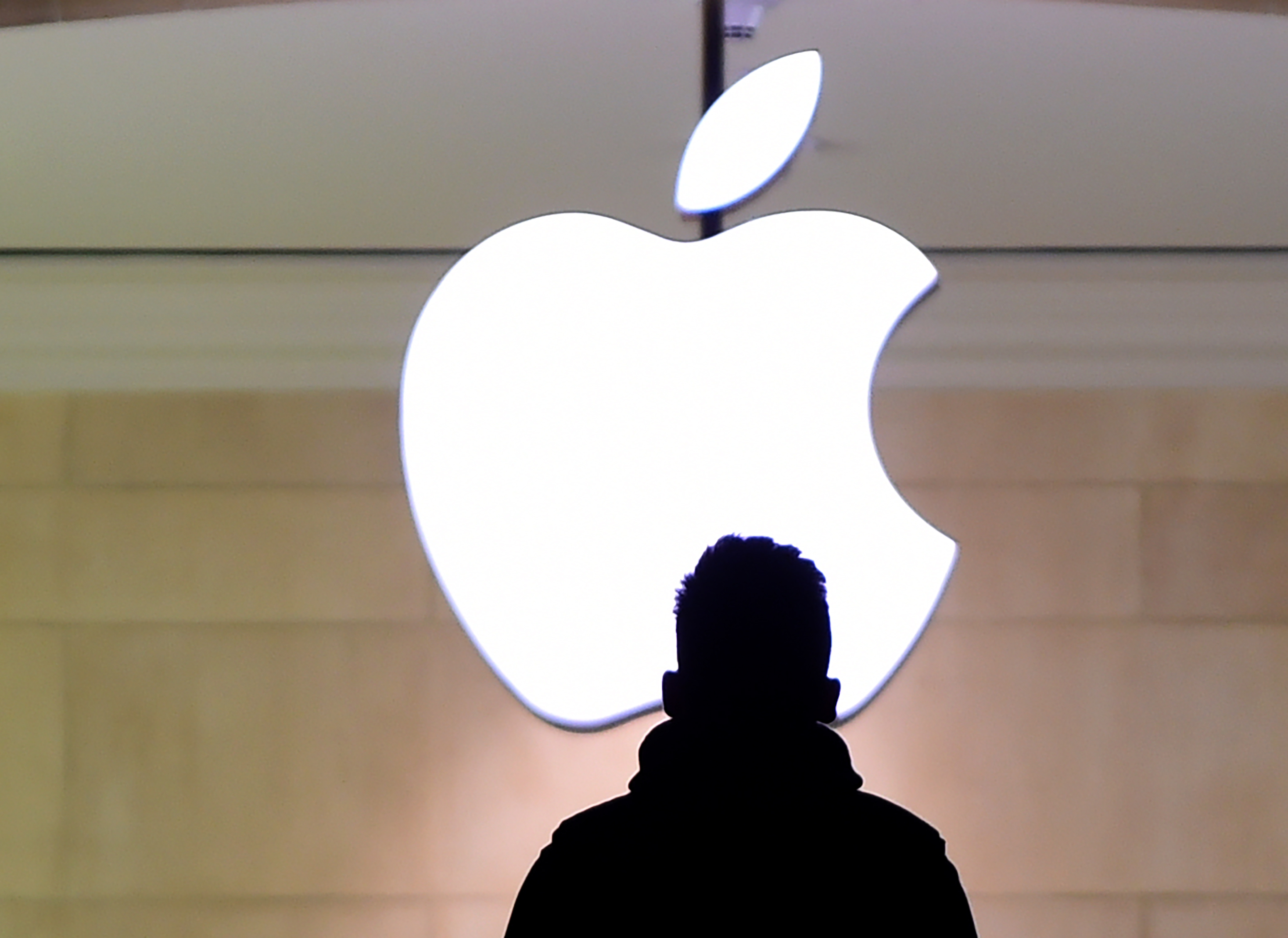Apple’s US Supreme Court case: why it may set a precedent for tech industry
The multinational company made $12bn in revenue from app sales alone last year

A free daily email with the biggest news stories of the day – and the best features from TheWeek.com
You are now subscribed
Your newsletter sign-up was successful
Apple has gone before the US Supreme Court to defend the 30% commission that the company takes on iPhone app sales.
At an hour-long hearing in California on Monday, the tech giant’s lawyers denied accusations that the firm had exploited its “market dominance market dominance to inflate the price of iPhone apps”, The Daily Telegraph reports.
The case, launched in 2011, centres on whether Apple should be forced to pay damages to customers who claim that the company’s App Store is a “monopoly” and that the commission it takes from software sales is “unlawful”.
The Week
Escape your echo chamber. Get the facts behind the news, plus analysis from multiple perspectives.

Sign up for The Week's Free Newsletters
From our morning news briefing to a weekly Good News Newsletter, get the best of The Week delivered directly to your inbox.
From our morning news briefing to a weekly Good News Newsletter, get the best of The Week delivered directly to your inbox.
Apple’s defence is that the price of these apps is actually set by the software developers, says The Washington Post.
The company argues that customers who object to the high cost of apps should “take it up with individual developers”, as the firm is “simply acting as a middleman between app developers and users”, adds Gizmodo.
But the lawyers behind the suit argue that buyers have a direct relationship with Apple, since they spend money on the firm’s marketplace, and that as such, there is an anti-trust case to be made, reports Engadget.
What happens it Apple loses?
A free daily email with the biggest news stories of the day – and the best features from TheWeek.com
Apple is by no means the only company that takes high commissions on app sales - which means a ruling against the company could have major implications for other tech giants.
According to the BBC, both Microsoft and Google also take a 30% commission on app sales.
Jack Kent, research director at UK-based information provider IHS Markit, told the broadcaster that software marketplaces such as Apple’s App Store are becoming a vital part of tech companies’ business.
“The services category - which includes App Store commissions, alongside other media, content and services - is now Apple’s second-biggest driver of revenue after iPhone sales and has been its fastest growing source of revenues,” he said.
According to Bloomberg, the App Store generated $38.5bn (£30bn) in revenue in 2017, a year-on-year increase of about a third. Developers reportedly pocketed about $26.5bn (£27.8bn) of those earnings, with Apple taking the remaining $12bn (£9.4bn).
A date for the ruling has yet to be set, but the Telegraph says it could be as late as next June.
-
 What to know before filing your own taxes for the first time
What to know before filing your own taxes for the first timethe explainer Tackle this financial milestone with confidence
-
 The biggest box office flops of the 21st century
The biggest box office flops of the 21st centuryin depth Unnecessary remakes and turgid, expensive CGI-fests highlight this list of these most notorious box-office losers
-
 The 10 most infamous abductions in modern history
The 10 most infamous abductions in modern historyin depth The taking of Savannah Guthrie’s mother, Nancy, is the latest in a long string of high-profile kidnappings
-
 Will AI kill the smartphone?
Will AI kill the smartphone?In The Spotlight OpenAI and Meta want to unseat the ‘Lennon and McCartney’ of the gadget era
-
 Why 2025 was a pivotal year for AI
Why 2025 was a pivotal year for AITalking Point The ‘hype’ and ‘hopes’ around artificial intelligence are ‘like nothing the world has seen before’
-
 Has Google burst the Nvidia bubble?
Has Google burst the Nvidia bubble?Today’s Big Question The world’s most valuable company faces a challenge from Google, as companies eye up ‘more specialised’ and ‘less power-hungry’ alternatives
-
 Is Apple’s Tim Cook about to retire?
Is Apple’s Tim Cook about to retire?Today's Big Question A departure could come early next year
-
 Microsoft pursues digital intelligence ‘aligned to human values’ in shift from OpenAI
Microsoft pursues digital intelligence ‘aligned to human values’ in shift from OpenAIUNDER THE RADAR The iconic tech giant is jumping into the AI game with a bold new initiative designed to place people first in the search for digital intelligence
-
 How the online world relies on AWS cloud servers
How the online world relies on AWS cloud serversThe Explainer Chaos caused by Monday’s online outage shows that ‘when AWS sneezes, half the internet catches the flu’
-
 iPhone Air: Thinness comes at a high price
iPhone Air: Thinness comes at a high priceFeature Apple’s new iPhone is its thinnest yet but is it worth the higher price and weaker battery life?
-
 Is the UK government getting too close to Big Tech?
Is the UK government getting too close to Big Tech?Today’s Big Question US-UK tech pact, supported by Nvidia and OpenAI, is part of Silicon Valley drive to ‘lock in’ American AI with US allies